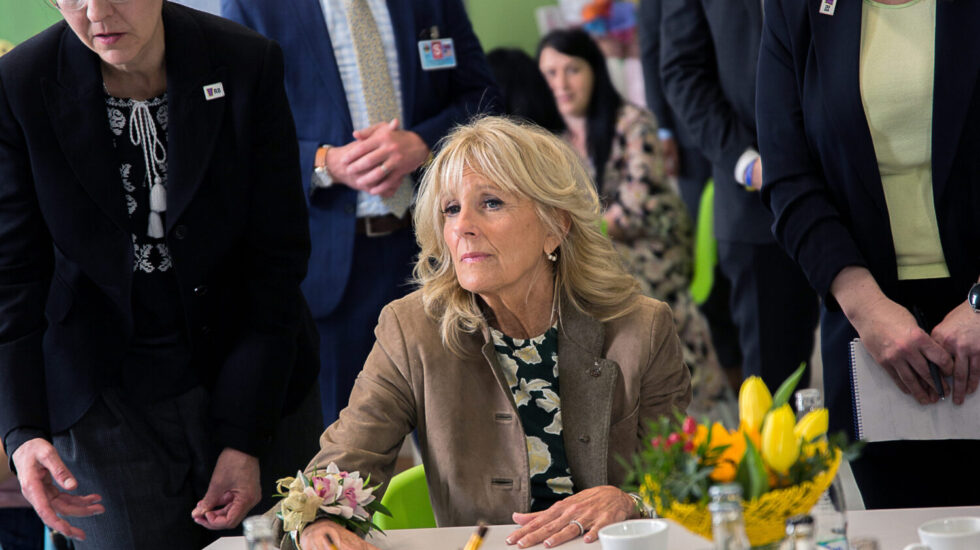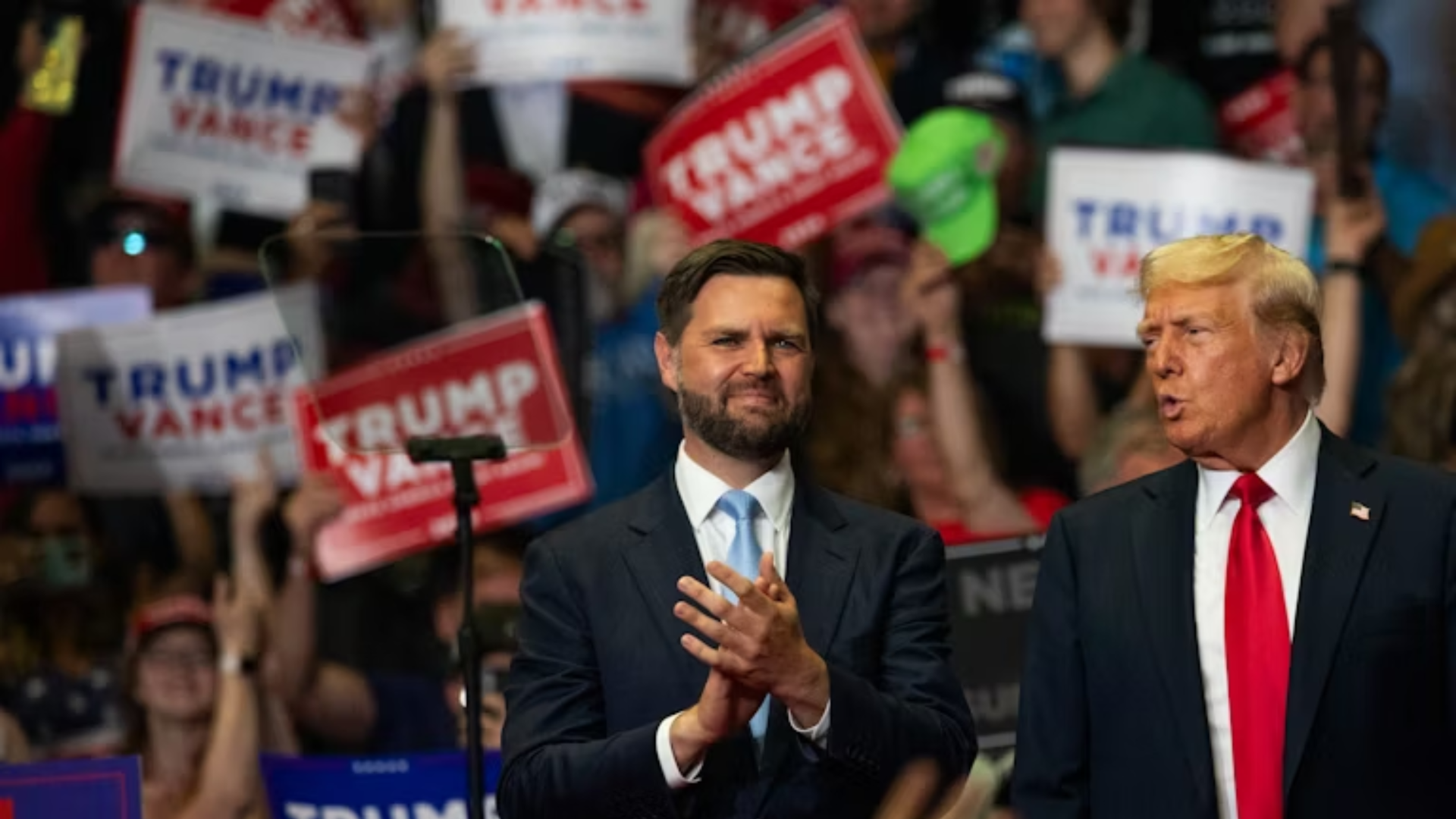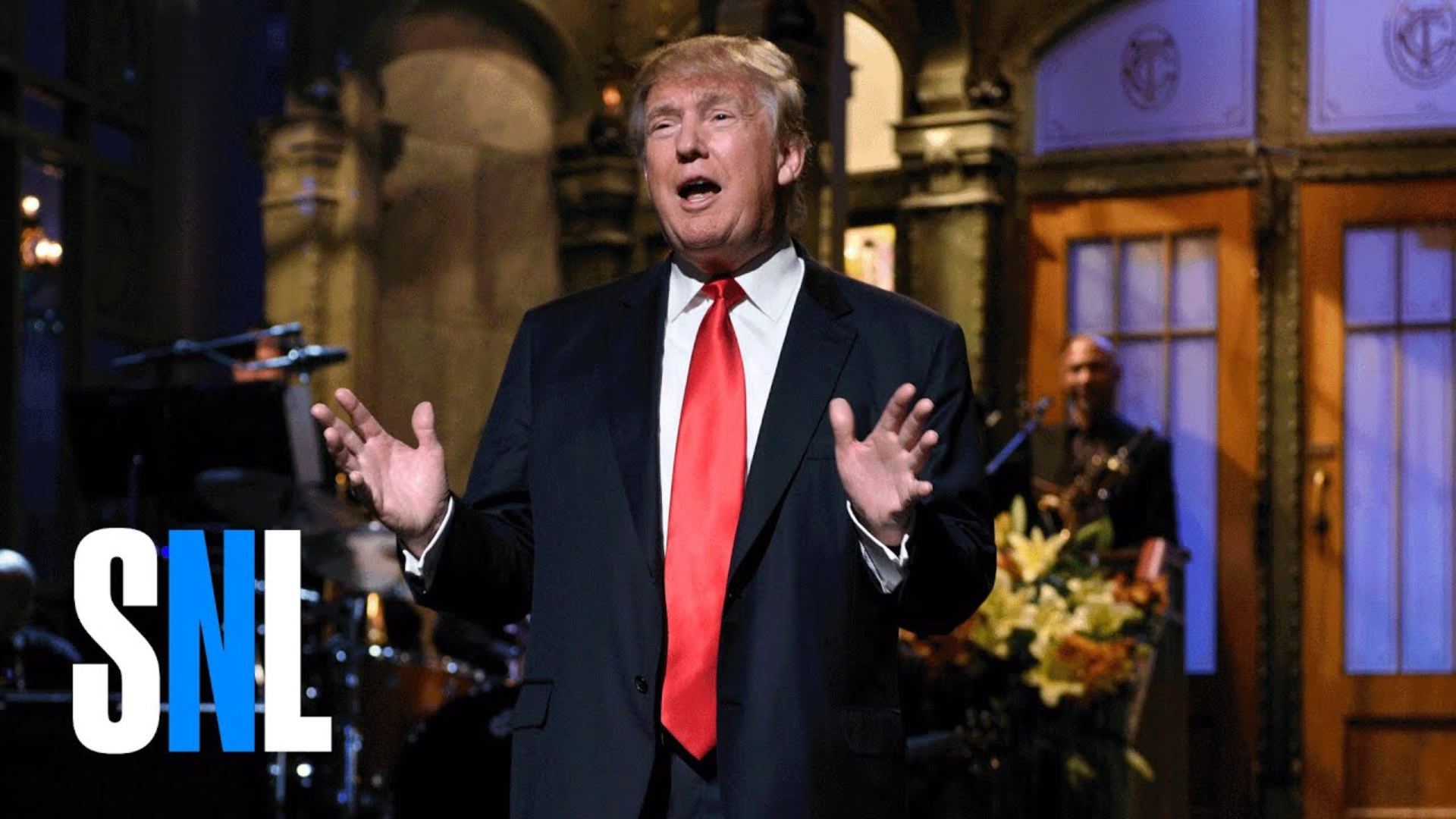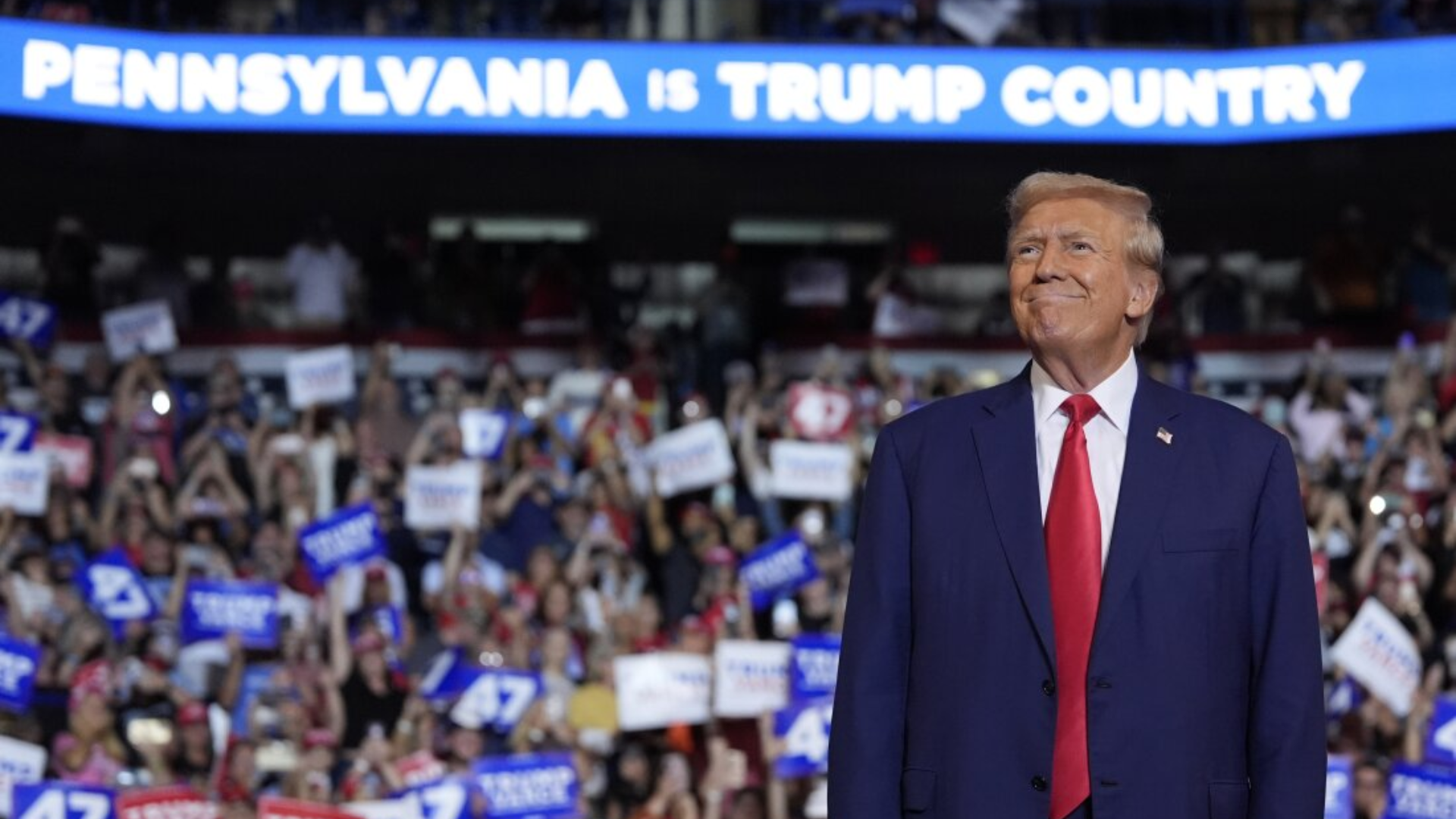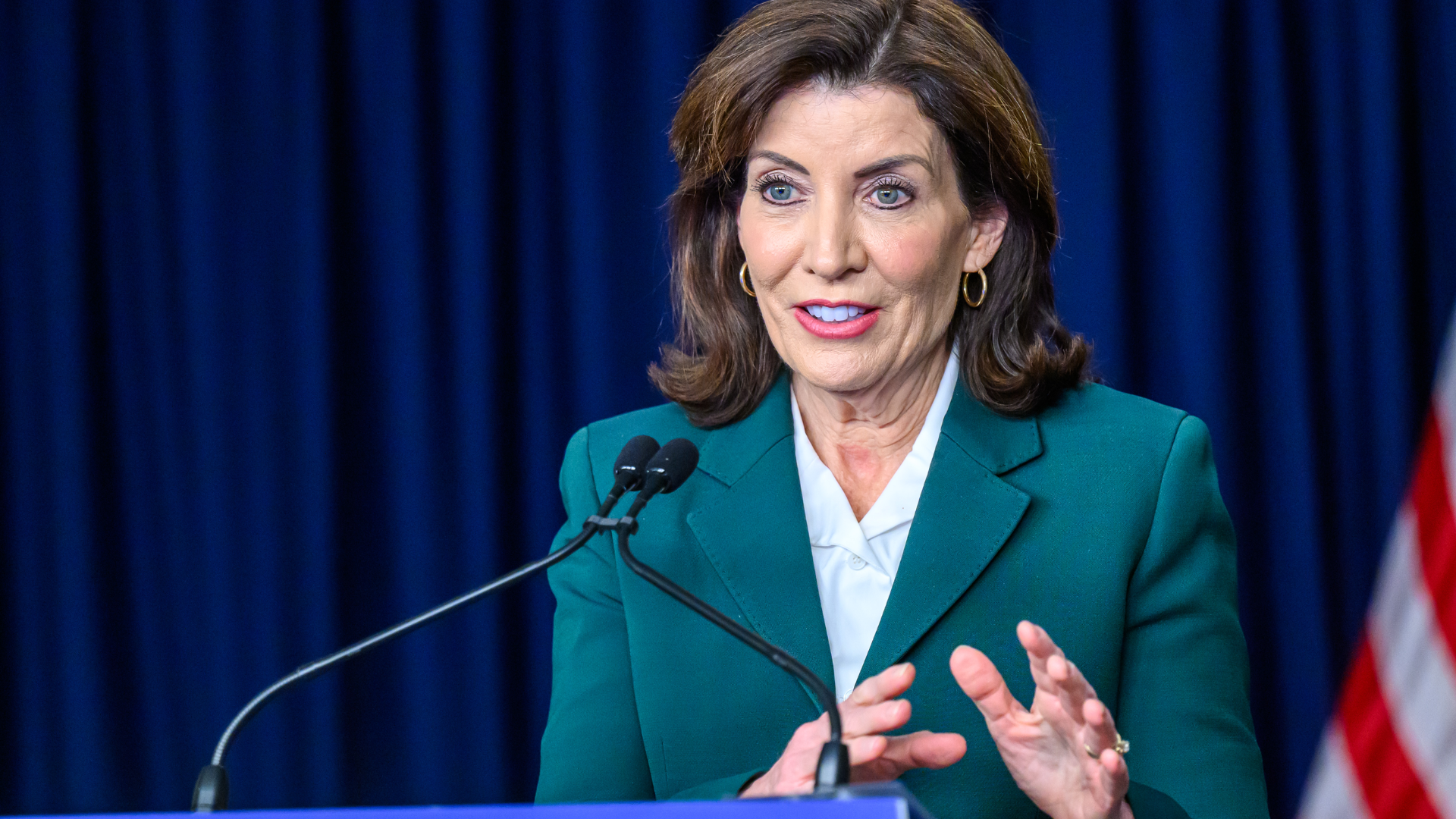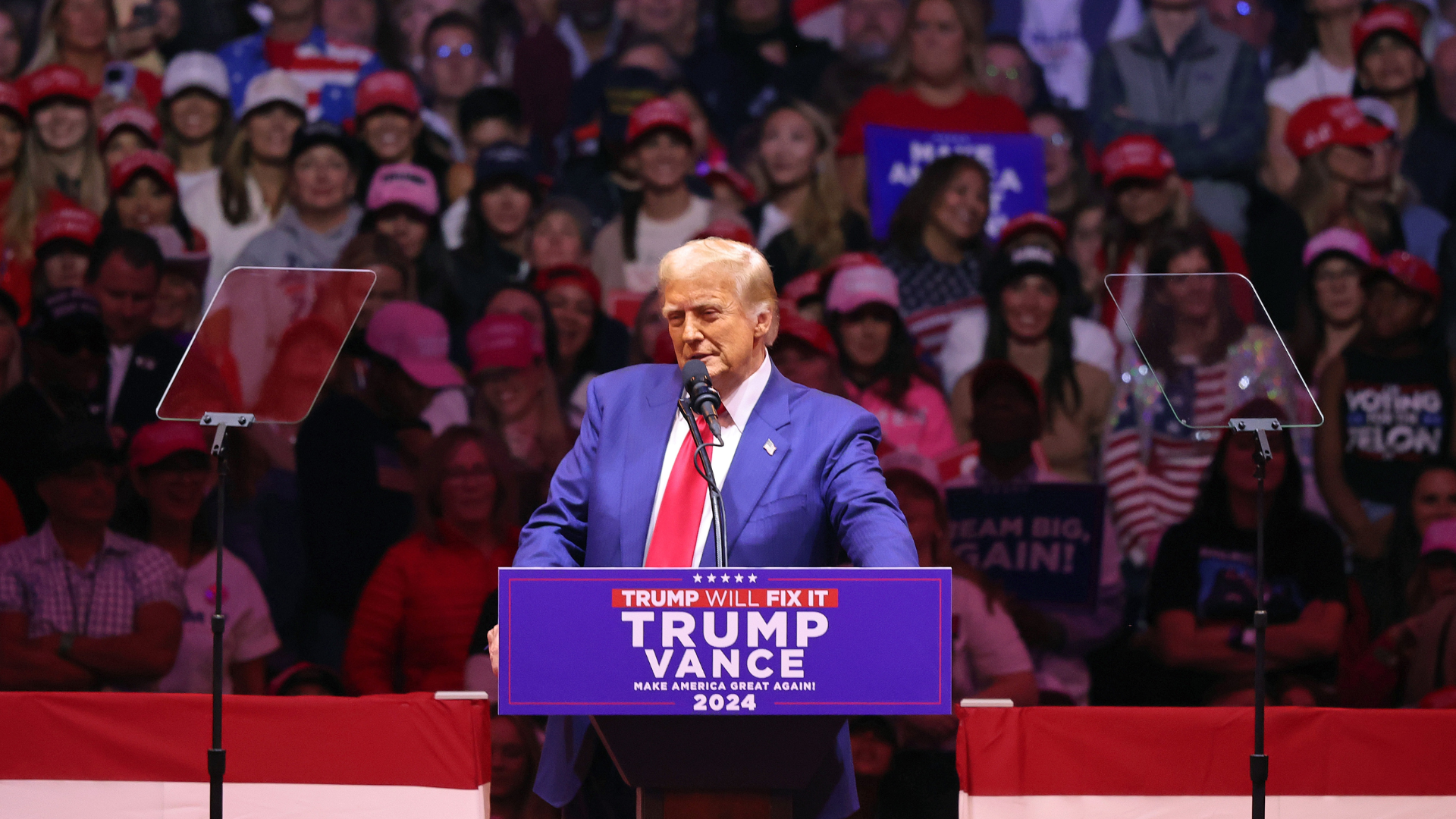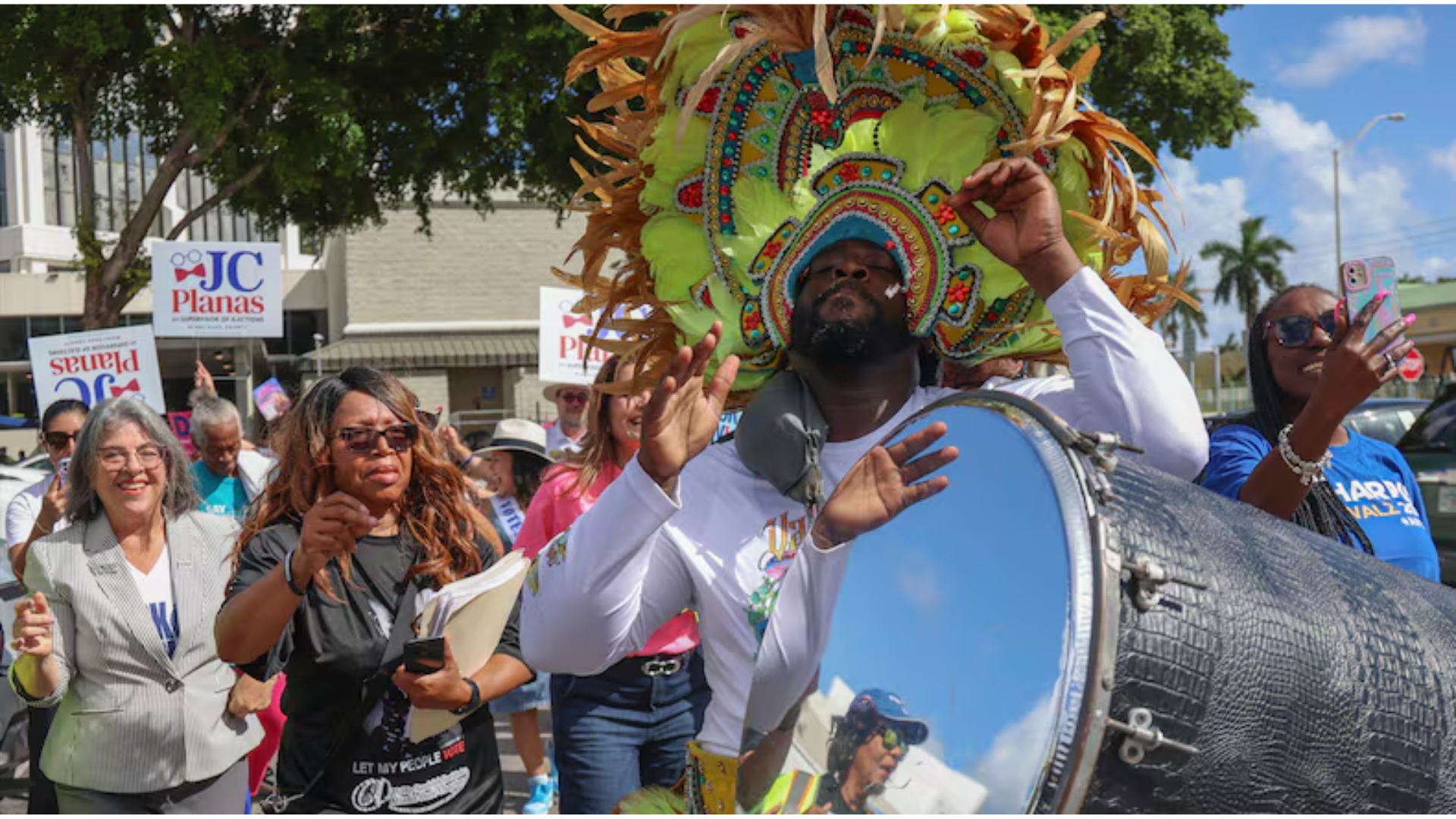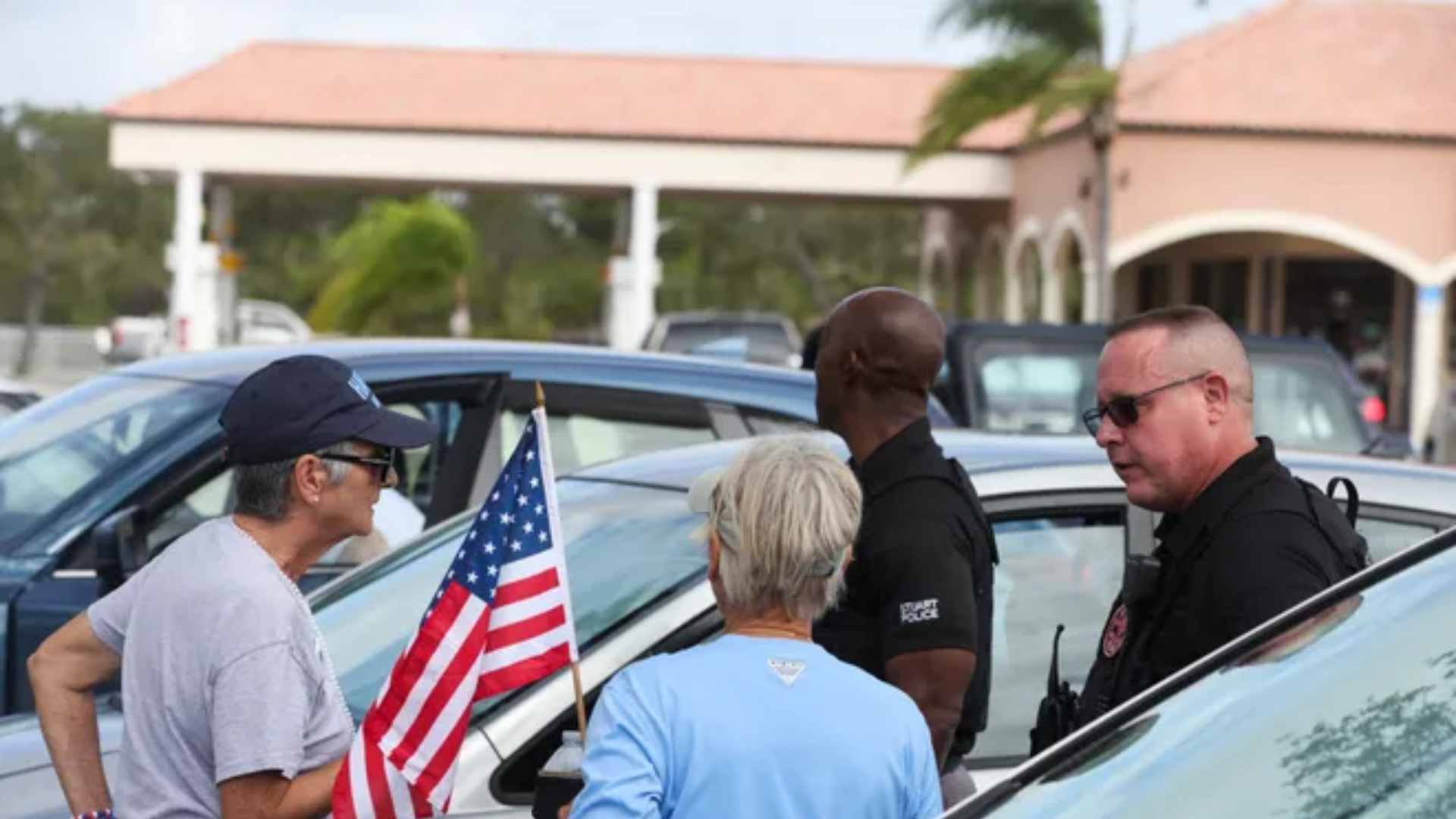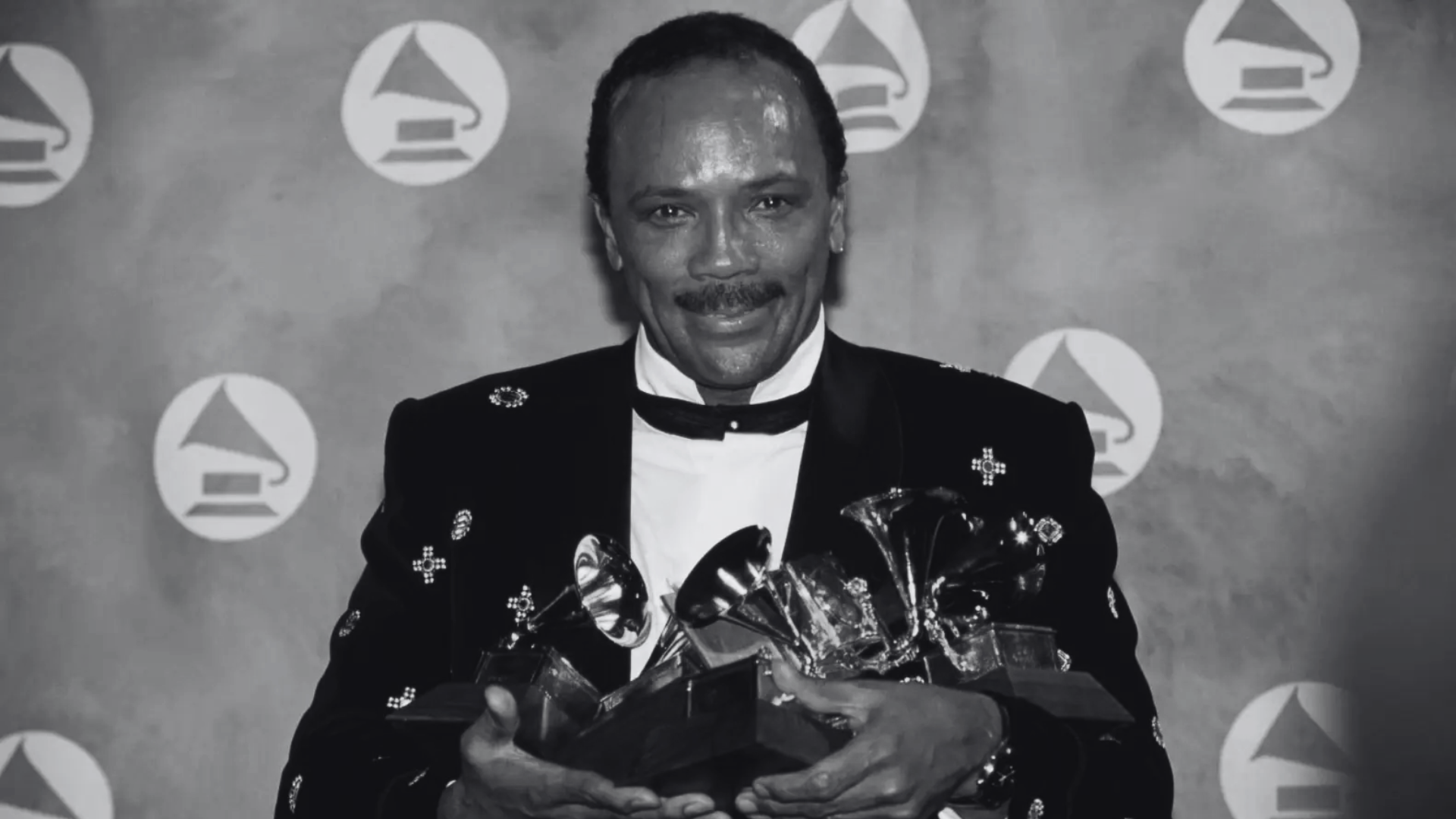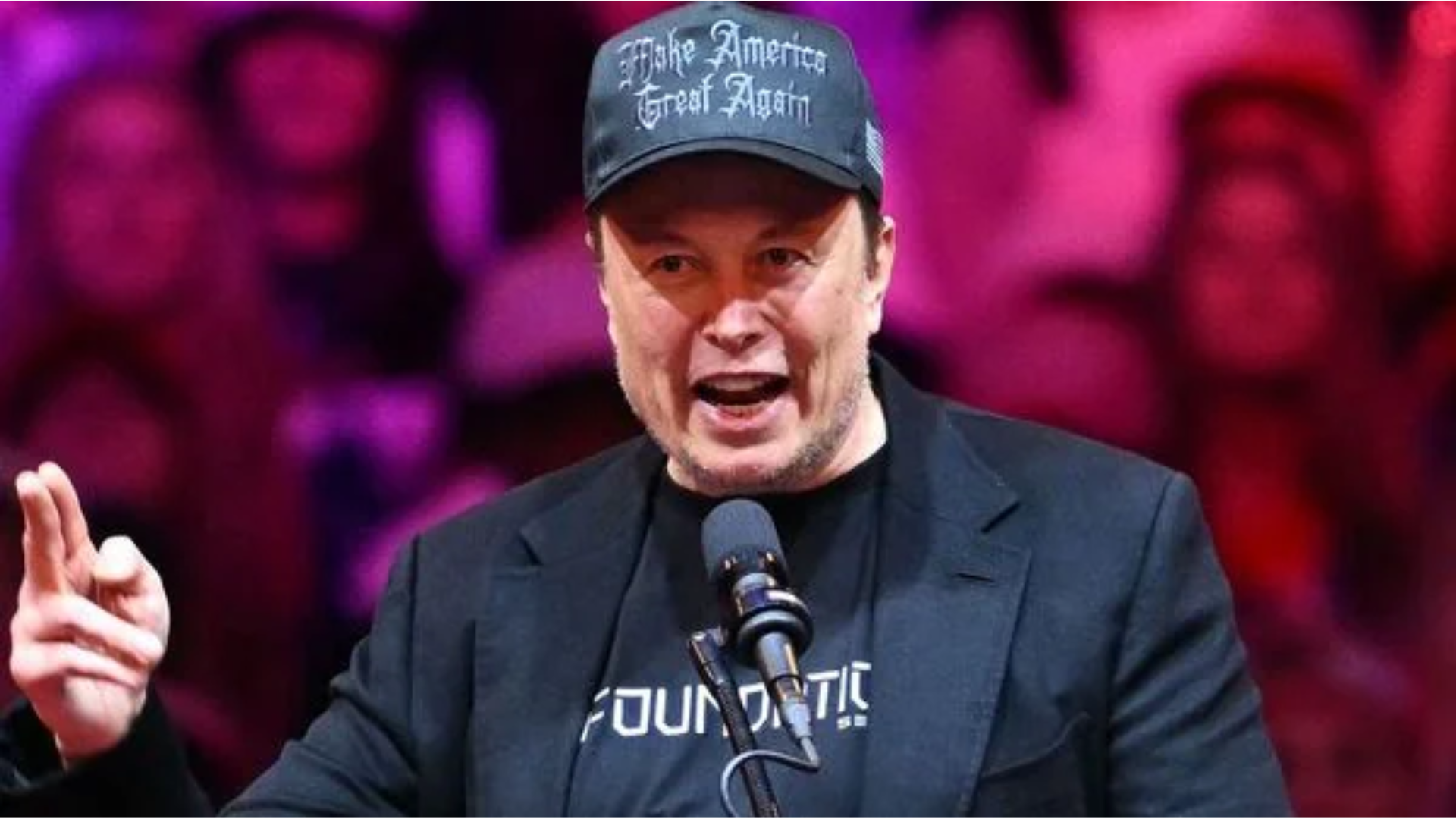
US District Judge Tanya Chutkan set the stage for how she would handle the election subversion case against Donald Trump during a Friday hearing focused on what restrictions would be placed on how the former president can handle evidence provided by prosecutors.
Chutkan began the hearing—her first in this case, held in her courtroom at the DC federal courthouse—by stating that while Trump’s rights as a criminal defendant would be safeguarded, his First Amendment right to free speech was “not absolute.”
“In a criminal case such as this one, the defendant’s free speech is subject to the rules,” she said.

The judge concluded the hearing with a commitment that the case would proceed like any normal criminal justice process, but cautioned that the more “inflammatory” statements a party made, the quicker she would have to move toward a trial to ensure a fair jury.
“It is a bedrock principle of the judicial process in this country,” she said, quoting precedent, “that legal trials are not like elections, to be won through the use of the meeting hall, the radio, and the newspaper.”
“This case is no exception,” she added.

Throughout the hearing, Chutkan expressed some doubt regarding the arguments from Special Counsel Jack Smith’s office and sided with Trump on several points concerning the protective order on evidence, which was the primary focus of Friday’s hearing.
Addressing a submission from the government that she declined to allow under seal, she also stressed the importance of public transparency in court documents.
The hearing, which lasted around an hour and 40 minutes, was the first before Chutkan. She has already shown a tendency to respond quickly and concisely to disputes between the parties about scheduling.
An Obama appointee and former public defender who has presided over multiple cases related to the January 6, 2021, US Capitol attack, Chutkan has been vocal about the damage that the assault caused to American democracy.

Chutkan later issued a protective order prohibiting Trump from publicly disclosing sensitive information related to the case.
Last week, Trump pleaded not guilty to four criminal charges concerning his efforts to overturn the 2020 presidential election.
The judge also cautioned Trump’s legal team, as Trump did not attend the hearing, about any public statements by their client that could potentially intimidate witnesses.
She emphasized that regardless of whether Trump’s public statements fall under the protective order, if they lead to witness intimidation or obstruction of justice, “I will be scrutinizing them very carefully.”

Trump’s attorney, John Lauro, responded: “President Trump will scrupulously abide by his conditions of release.”
Later, Chutkan noted that “even ambiguous statements from either party or counsel … can threaten the process.”
